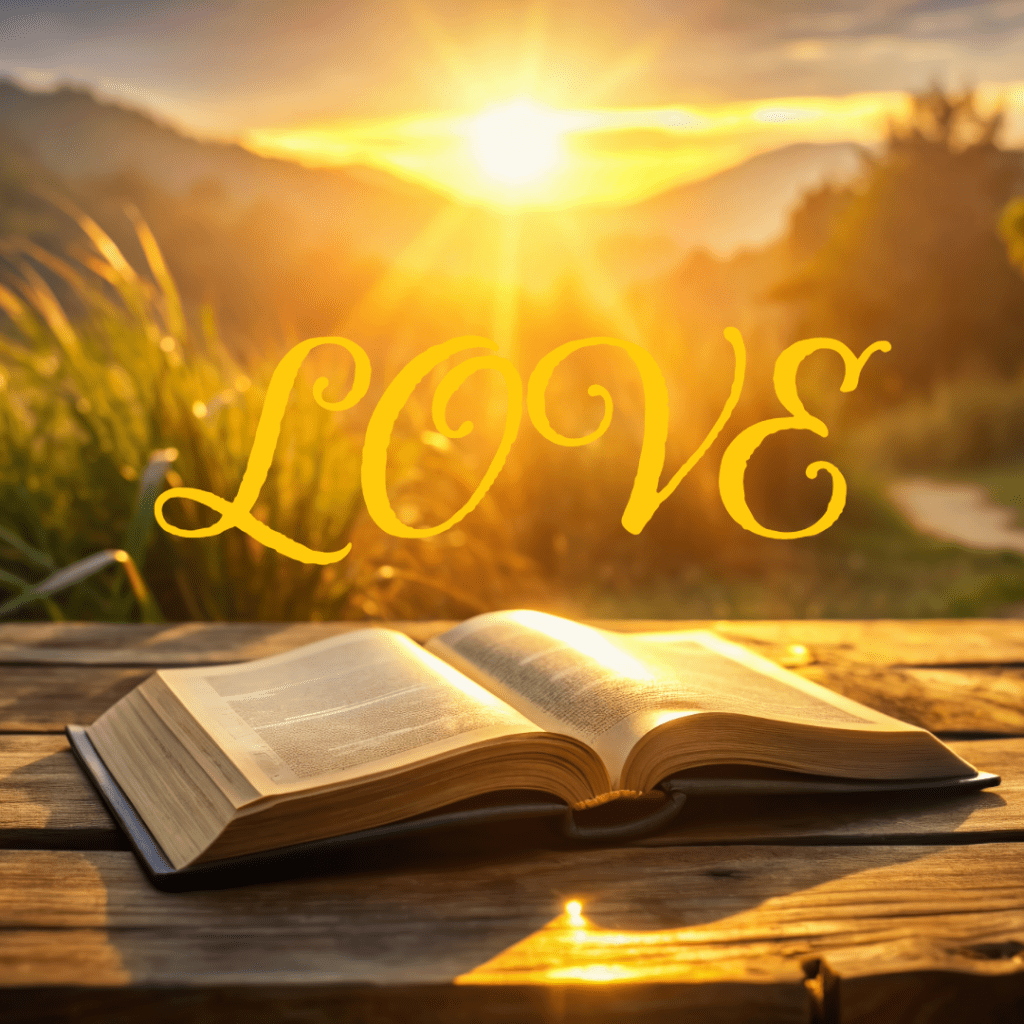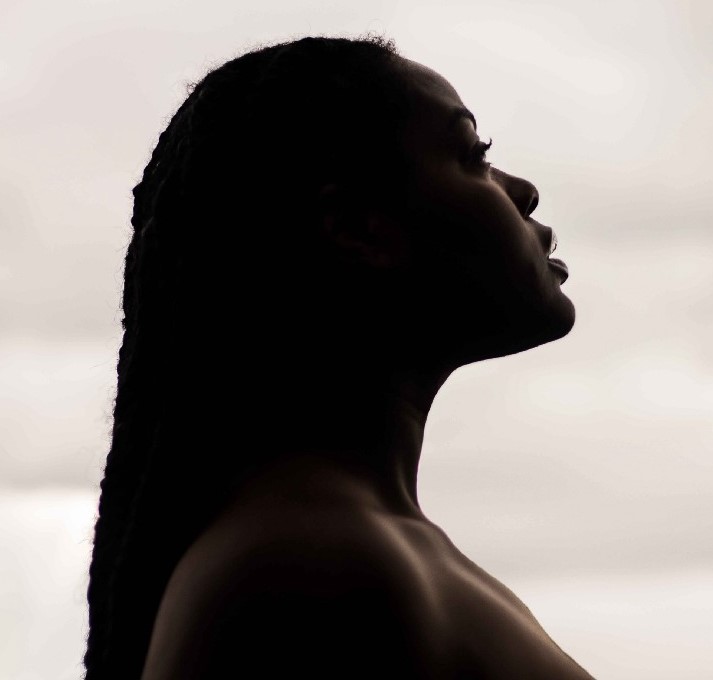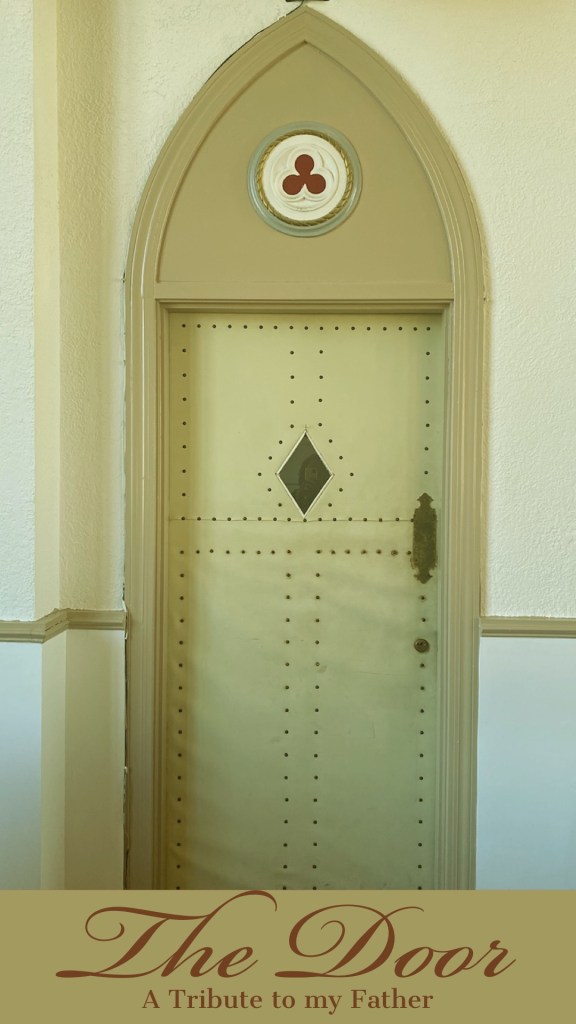Love is the most powerful four-letter word ever spoken. It is mentioned over 500 times in the Bible, featured in songs on more than 100 million records, and regarded as a fundamental human need that supports everything from our mental and physical health to spirituality and personal development.
To the scientific theorist, love is an emotion that triggers the release of feel-good hormones, such as dopamine, which is central to the brain’s reward system and helps deactivate the processing of negative thoughts and actions. It can help reduce stress, fight depression, and enrich our quality of life through physical and mental growth.
To the romantic or idealist theorist, love is the foundation of our relationality, our bonds, and our spiritual capacity to connect with others. It engages the heart and emotions, cultivates empathy, and makes life more meaningful.
The debate over whether love is a complex process of the brain or an intimate emotion of the heart continues to grow. But to me, the answer is somewhere in between. In the gray areas of this debate, there lies a brilliant light, a beacon of understanding that those like me, who are seeking purpose, have embraced throughout life’s journey. Therefore, I wanted to share three lessons life has taught me. This is not just for the romantics, but for the parents who wonder whether their children understand the depth of their love, for the wife who forgives when others advise her not to, and for the ex-lover who lost the love of their life and now must start over. Below are the three things I learned about love that changed my life for the better:
#1 You can love someone who doesn’t love you back.
This one is hard for most people to accept. If love is an emotion that drives connection and creates feelings of joy and happiness, then it must be shared between two people who feel the same way, right? What if I tell you that you can love those who don’t reciprocate the love to you and that by mastering this selfless act, you will experience the emotional highs and physical and mental advantages of true love. I learned during a difficult breakup that the best way to get over someone who chooses to walk away isn’t to work tirelessly to erase your love for them. Instead, it’s to love them fully—to express that love through both words and actions—and to allow that love to give them the freedom to seek what’s best for them, even if that no longer includes you.
To do this, one must remember what God teaches us about love. The Bible says: “God demonstrated His love by sending Jesus to die for sinners” (Romans 5:8; John 3:16). God showed His love by sending His only Son to die for those who would not obey Him — people who refused to love Him or heed His words. God puts love first because love heals all wounds — this is the most powerful act of kindness this world has ever known.
Brokenheartedness does not give us the right to stop loving those who hurt us; instead, it prompts us to activate what Galatians 5:22–23 calls the Fruit of the Spirit, which lists these qualities: love, joy, peace, patience (or forbearance), kindness, goodness, faithfulness, gentleness, and self-control. By activating this form of love, we can find peace within ourselves and offer compassion to others even when they don’t love us back.
Too many people use love to justify hate. We say things like, I loved him, and he didn’t love me back, so now I need to stop loving him and force my mind to forget all that we shared. But what if true love is about doing the complete opposite? What if letting him go means learning to love him as God loves us — unconditionally? So instead of feeling that someone you love deserves less of your love, you love them more — triggering that dopamine to help you feel good about yourself and your decision. Then you allow your emotions to feel the beauty of the love you shared, and let love lead you through the process of letting go.
What I’ve learned over the years is that forgiveness, acceptance, and respect for someone’s decision to stop showing me emotional love were my way of allowing myself to love them even when it hurts. As a result, I found a deeper, more meaningful love for myself. I learned to stop allowing emotional love to drain the very thing that had given me internal peace.
#2 Love is a victimless act.
Everyone wins when true love prevails. This is the kind of love God shows us. When He tells us to love our neighbor as ourselves (Matthew 22:39), to do everything in love (1 Corinthians 16:14), and to define Himself as the embodiment of love (1 John 4:8), He confirms that where love exists, pain can be bearable; where love exists, darkness cannot survive; and where love exists, evil is made powerless. When love is the foundation of your relationship with yourself or with others, it takes no prisoners. It teaches you to stop focusing on what hurts you and start reveling in all the sweetness and joy that life can bring.
So, if the one you love chooses to stop loving you, don’t become a victim of the pain; instead, let the journey empower you. Then work toward healing before seeking an even greater love. Let it be a light onto a better path rather than a dark, lonely journey into despair.
You may wonder how love can make you a victim. But the answer lies in the countless people who spend their lives remembering the pain of a past hurt. Someone took their love away, and the person left behind struggles to move forward, justifying every failure to move on as a result of the love they lost. I believe God doesn’t operate that way. He provides us with so many people — family, friends, co-workers, neighbors, and church members — who will love us whole. They will take up the banter and run the race of life with us. He doesn’t allow love to be weaponized; instead, it maintains its purity and goodness, allowing us to have the purpose-driven experiences He promised.
#3 Love does love you back.
Have you ever looked in the mirror and wondered what it is about you that makes you lovable? Have you traced the shape of your eyes and marveled at the steps you’ve taken to ensure a positive vision for your life? Have you stared at the authenticity of your smile and celebrated the many things you’ve done to find the happiness you deserved? You are a masterpiece, and no one knows that better than God. How does He show you that He knows how great you are? Through love. When peace looks back at you from the mirror, it’s a sign that you’ve learned to love, admire, and accept yourself. That’s how I know love loves you back. When you express it genuinely to others, you are rewarded tenfold. When you allow love to conquer evil, your life benefits from the peace you receive, and when you let yourself be loved, you accomplish the greatest joy life has to offer.
What I’ve learned about love during my life journey sustains me. When people aren’t kind to me, I love them anyway. When my relationship doesn’t last, I let love heal me and then lead me forward. When life feels void of the love I desperately need, I turn to God and let His love anchor me.








